How Nosework Transforms Fearful, Reactive, and High-Energy Dogs
Have you seen the amazing videos of dogs hunting for hidden objects, fallen people, or even other lost dogs?
It’s truly incredible to watch… and did you know that ANY dog can learn to hunt like that?...
Gear Shy Service Dogs: Five Steps to Confidence
Does your service dog or service dog in training back away from their harness? Display stress signs when vesting up? Or even run to the other side of the room when the heavier harness comes out?
What is Cooperative Care?
Does your dog HATE having their nails clipped?
Do they run away at the sight of their toothbrush no matter the kind of toothpaste you pick?
It can be so frustrating and hard to care for a dog who...
Top Five Ways to Help Your Reactive Dog
Reactivity is so tough to live with.
It feels isolating and overwhelming, and sometimes it feels like it will never get better.
Both of my dogs have dealt with reactivity, and I know how tough it...
Reactive Dogs & Why Pattern Games Are So Effective
Have you heard of pattern games for dog training?
If you're in the positive reinforcement training community, you likely have!
They are very simple and have been used unknowingly by many trainers, b...


